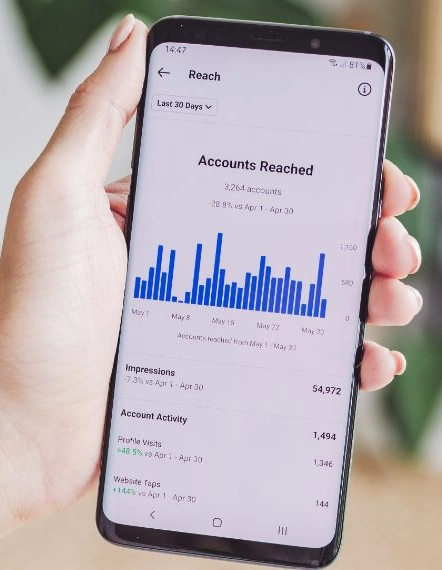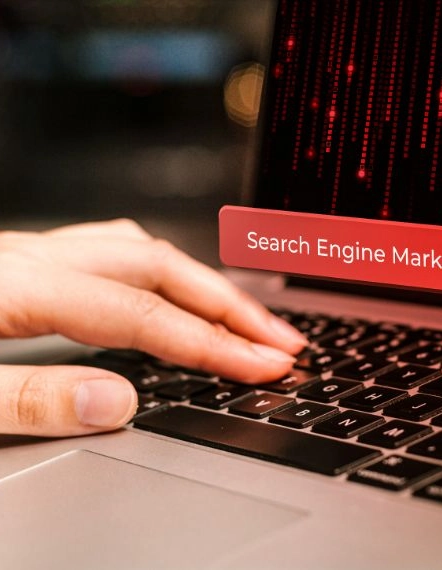
- You are here:
- Home
- Blogs
- Data and privacy: what's the deal?
Data and privacy: what's the deal?
Data, data, data - for those who want to reach their customers in the most targeted way possible with the ultimate source of information. But how do you stay compliant with privacy legislation? What are the rules and how can I use (external) data for my prospecting campaigns?
MCLS will be happy to help you further!

First things first: what is data and why is it important to you?
With data, we mean all information about a customer or prospect. Data offers you a huge amount of information and, when used correctly, it is a very valuable marketing tool. After all, the more you know about your customer, the more targeted you can reach him/her. Data and privacy: what's the deal?
How can you make optimal use of data - for the benefit of your brand? And how do you take into account the legal obligations around privacy and so on? MCLS will gladly work out a personal approach together with you.
What do you need to know about privacy legislation (GDPR)?
In the European Union, the General Data Protection Regulation (GDPR) has been in force since 25 May 2018. It sets out rules 'to protect natural persons when organisations process personal data'.
When you collect, record, store, modify and access personal data, you must do so under certain conditions. Moreover, the rights of natural persons have been expanded and strengthened in recent years within the GDPR. The main provisions of the GDPR can be summarised as follows:
- Personal data may only be processed in accordance with the law. For the data subject (the person whose personal data are processed), it must be proper and transparent how and why personal data are processed.
- They may only be collected for a legitimate purpose. That purpose must be clear and well defined beforehand. The purpose for which an organisation is going to process the personal data must be compatible with the purpose for which the personal data were collected.
- Does an organisation process personal data? Then the person whose personal data are being processed must at least be aware of the name of the organisation or person processing these personal data (the so-called data controller) and the purpose of the data processing.
- When organisations process personal data, they should use the principle of 'as little as possible'. This means, among other things, that the processing of the data must be appropriate to the purpose for which it is being processed.
- The controller must ensure that the data is accurate and, if necessary, updated.
- Data processing must be appropriately secured. Extra strict rules apply to special data, such as on race, health and religious beliefs.
Need more information? Get in touch with us now!
The Data Protection Officer(DPO): essential for your business or not?
Organisations are required to appoint a data protection officer (DPO) in certain situations. This is someone who oversees the use and compliance of the General Data Protection Regulation (GDPR) within the organisation.
If you do not need a DPO, it may still be useful to appoint someone or hire someone to publicise, implement and safeguard the privacy rules in your company. Think for instance about developing privacy statements, setting up IT and information security, developing a data protection culture and spreading knowledge about privacy.
How can MCLS help you?
Privacy rules and obligations can quickly become confusing. Consequently, it can be overwhelming to know just what to do. The experts at MCLS can be of assistance and help you bring light into the darkness.
How can we help you as well? Let us know and get in touch with us now!


